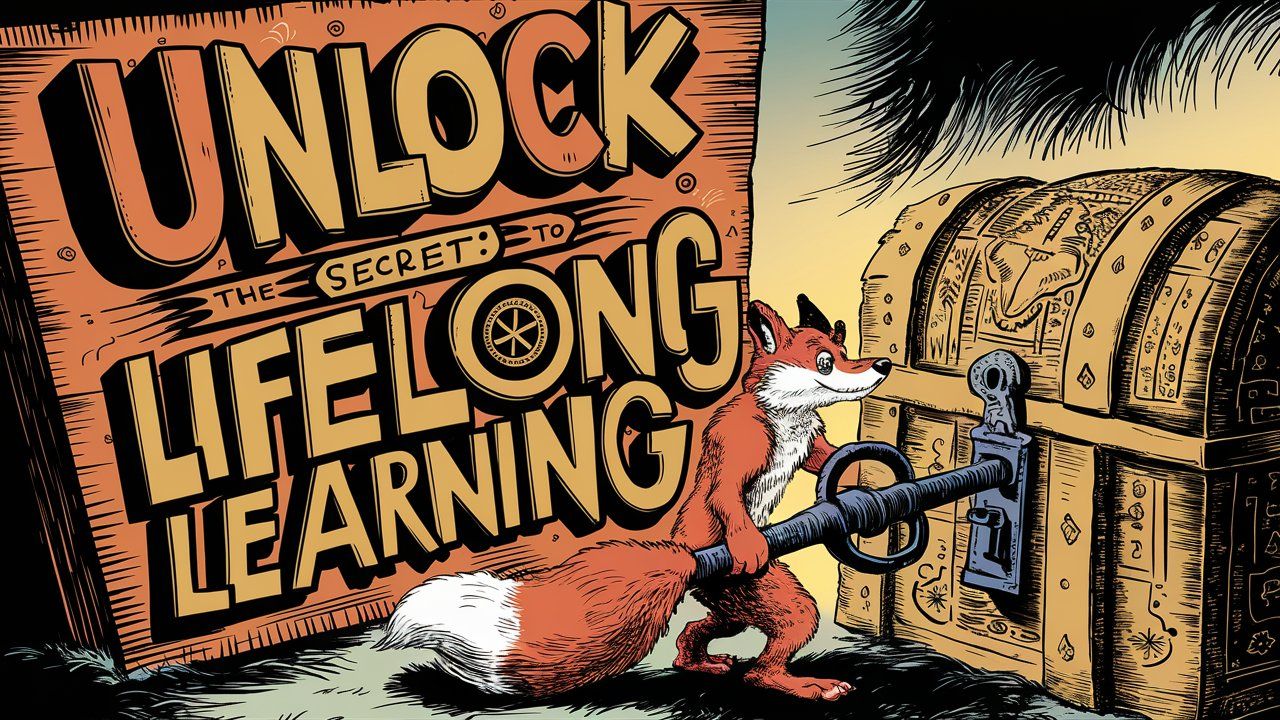 It is a well-established fact that humans are not always truthful in their interactions with others. While some people may claim that they never lie, it is generally accepted that deception is a common and even necessary aspect of human behavior. However, the extent to which people lie, the reasons behind their lies, and the consequences of their actions can vary greatly.
It is a well-established fact that humans are not always truthful in their interactions with others. While some people may claim that they never lie, it is generally accepted that deception is a common and even necessary aspect of human behavior. However, the extent to which people lie, the reasons behind their lies, and the consequences of their actions can vary greatly.
Lying can take many forms, ranging from small, harmless fibs to more significant deceptions. For instance, people may lie about their age, their weight, or their height, in order to present themselves in a more favorable light. Others may lie to avoid conflict, spare someone’s feelings, or protect themselves from harm. Some lies may be intended to manipulate others, while others may be motivated by fear, greed, or a desire for power.
Not all lies are necessarily harmful or unethical. In some cases, small lies or “white lies” may be used to avoid hurting someone’s feelings or to make social interactions smoother. Share on X It is important to recognize that lying can have serious consequences, both for the liar and for those around them. When people are caught in a lie, it can damage their credibility and their relationships with others. In some cases, lying can even have legal or financial consequences, such as in cases of perjury or fraud. Moreover, lying can lead to guilt, shame, and a loss of self-respect, particularly if the liar is caught or if the lie has negative consequences for others.
It is important to recognize that lying can have serious consequences, both for the liar and for those around them. When people are caught in a lie, it can damage their credibility and their relationships with others. In some cases, lying can even have legal or financial consequences, such as in cases of perjury or fraud. Moreover, lying can lead to guilt, shame, and a loss of self-respect, particularly if the liar is caught or if the lie has negative consequences for others.
At the same time, it is worth noting that not all lies are necessarily harmful or unethical. In some cases, small lies or “white lies” may be used to avoid hurting someone’s feelings or to make social interactions smoother. For instance, a person may tell a friend that they like their new haircut, even if they don’t, in order to avoid offending them. Similarly, a person may pretend to enjoy a co-worker’s jokes in order to maintain a positive work environment.
Others may lie to avoid conflict, spare someone’s feelings, or protect themselves from harm. Some lies may be intended to manipulate others, while others may be motivated by fear, greed, or a desire for power. Share on XUltimately, the decision to lie or tell the truth is a complex one, and depends on a variety of factors, including the situation, the stakes involved, and the individual’s personal values and beliefs. While it is generally recognized that lying is a common human behavior, it is important to be mindful of the potential consequences of one’s actions, and to consider whether lying is the best course of action in any given situation.
It is important to recognize that lying can have serious consequences, both for the liar and for those around them. When people are caught in a lie, it can damage their credibility and their relationships with others. Share on X



